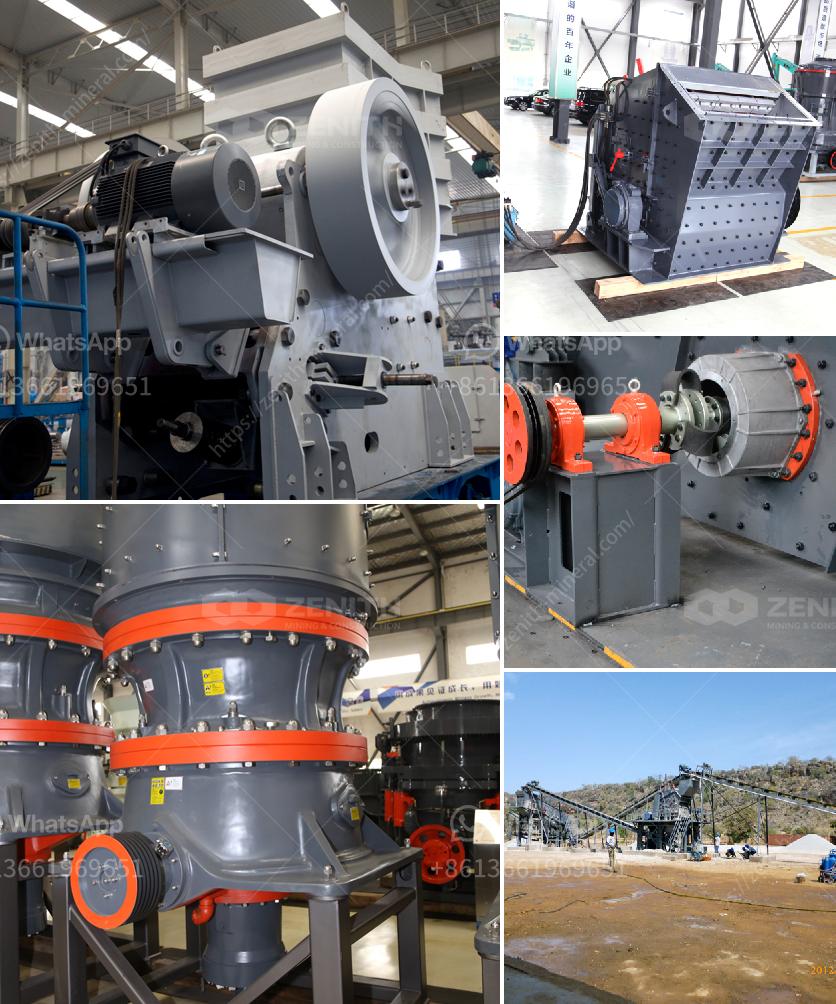Fine material should not enter a jaw crusher for several key reasons:
Clogging and Bridging: Fine material can clog the jaw crusher’s feed entry or cause bridging (where material builds up and obstructs the flow of larger pieces), leading to operational inefficiencies and potential downtime to clear the blockage.
Inefficient Crushing: Jaw crushers are designed primarily for large, bulky material. Fine material may pass through the crusher without being effectively crushed, reducing the efficiency and effectiveness of the crushing process.
Wear and Tear: Fine particles can accelerate wear and tear on the crusher components, including the jaw plates and the crushing chamber, potentially increasing maintenance costs and decreasing the lifespan of the equipment.
Increased Dust Production: Fine material can produce more dust, complicating dust control efforts, affecting worker safety, and potentially leading to regulatory non-compliance.
Reduced Productivity: The presence of fine material can hinder the performance of a jaw crusher, leading to reduced throughput and productivity as the mechanism isn’t optimized for such material.
For optimal performance, it’s generally best to prescreen or remove fine material before feeding it to a jaw crusher, ensuring that only appropriately sized material enters the crushing chamber.

